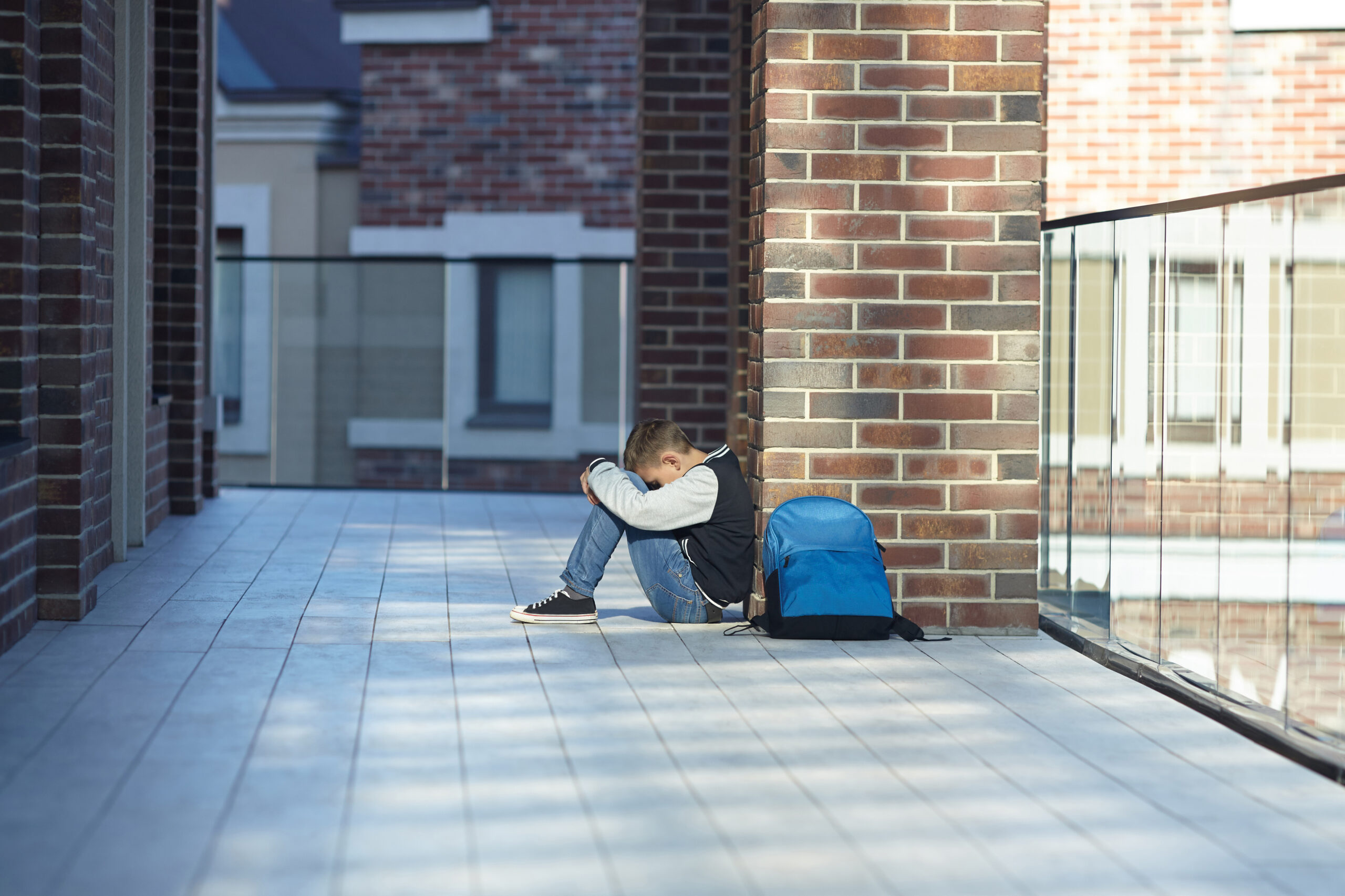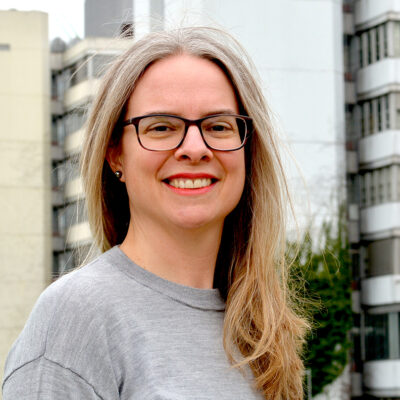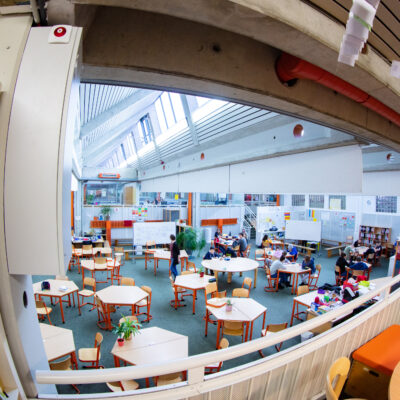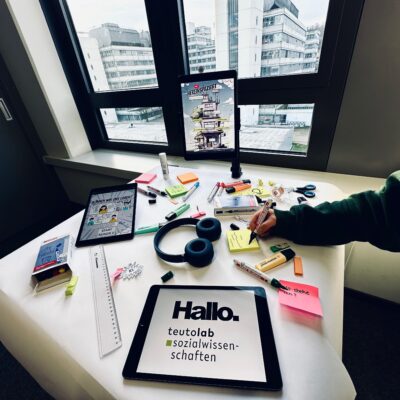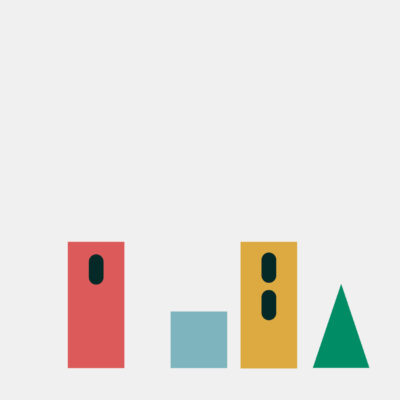Dr Marlene Kowalski is the Visiting Gender Studies Professor at Bielefeld University at the Faculty of Educational Science. She heads the “Active against sexualised violence” department at Diakonie Deutschland in Berlin. Her topics are sexuality, sexualised violence, power and abuse of power in institutions. She places these topics in teaching, research and also in academic discourse.
Why is it necessary to deal with gender studies and the topic of sexualised violence within Educational Science?
Marlene Kowalski: The Visiting Gender Studies Professorship at Bielefeld University is an excellent instrument for the university to introduce gender-specific topics into the discourse and to strengthen women in academia. This is extremely important for society as a whole at a time when right-wing populism is gaining strength and anti-feminist and anti-progressive discourses are becoming ever stronger. It is a strong signal from the university to dedicate a year to the topics of sexualised violence, power and abuse of power in educational structures and institutions in order to increase awareness of the topic – because this is something that is actually needed across all disciplines and at all universities.
So far, the topic of sexualised violence has not been an integral part of teacher training courses. Why do you think this should change?
Marlene Kowalski: Two children per school class are affected by sexualised violence. This means that teachers and other educational professionals come into contact with the topic in practice and should therefore also be sensitised to it. In all federal states, including NRW, schools are obliged to develop their own protection concepts. The topic is therefore already present in practice, but has often not yet arrived in training. This gap needs to be closed.
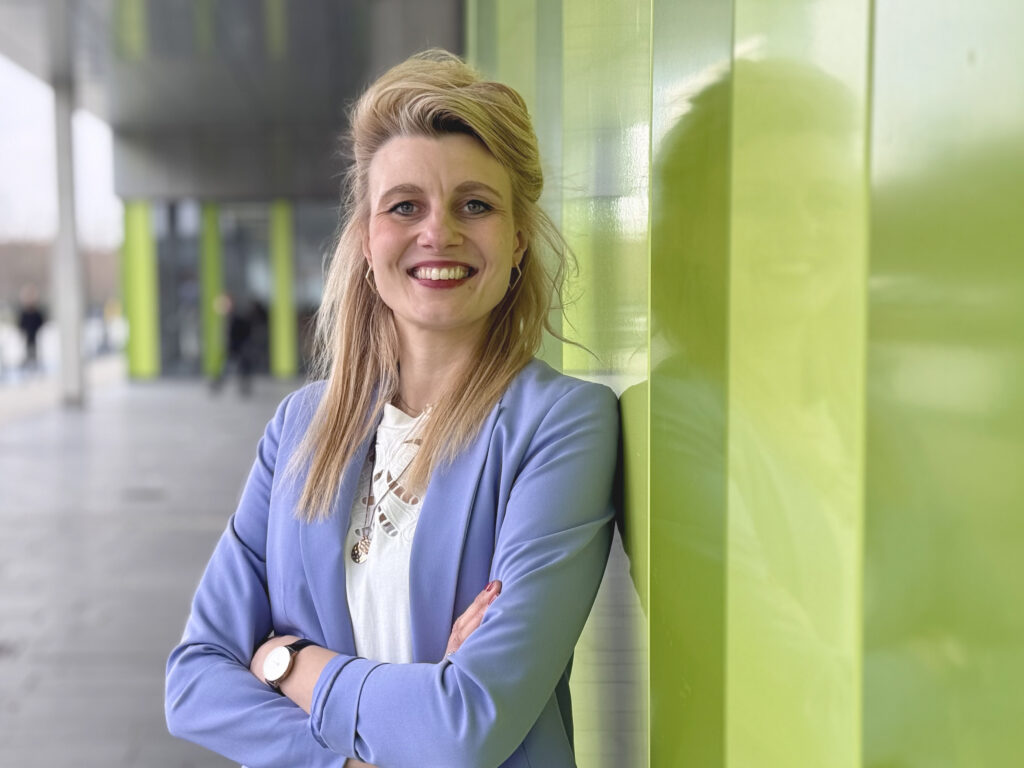
© Jana Haver
To what extent are teachers responsible for recognising and responding to signs of sexualised violence?
Marlene Kowalski: It is a fundamental educational task to deal with the welfare of children. Sexualised violence is an act of intimacy and results from relationships – in the family context, but also in the context of institutions. This means that, on the one hand, the institution itself should not become a crime scene. On the other hand, schools should also be a place of protection. Affected children should be supported and accompanied. To this end, all teachers must be trained and recognise perpetrator strategies or characteristics. Digital media also offer new additional risk factors. Be it cyberbullying, pornographic images or peer violence. Teachers need to be trained for this.
How do you yourself incorporate these topics into teaching at Bielefeld University?
Marlene Kowalski: I give various seminars and courses during my visiting professorship in Bielefeld. For example, on closeness, distance and boundary violations in the teaching profession or on the topic of sexuality, forms of power and sexualised violence for all Educational Science Master’s degree programmes. However, our aim is also to anchor these topics in teaching in the long term – even beyond my guest professorship. For example, by integrating the topics into other lectures.
You are also involved in the further development of protection concepts at the university’s experimental schools. What prevention strategies are there in educational institutions?
Marlene Kowalski: My aim is to strengthen schools and universities as safe places. I support the Laborschule [laboratoy school] and the Oberstufenkolleg [high school college] and provide suggestions for the further development of protective structures and protection concepts. To do this, it is important to identify specific risk factors, such as spaces, structures and relationship factors, also together with the students. Protection concepts can only be effective if they are developed with the people they are aimed at.
In January, an internal symposium (in German) at the University’s Centre for Interdisciplinary Research (ZiF) held by the Faculty of Educational Science looked at reasons for the concealment of sexualised violence. As a speaker, you gave suggestions for consequences in organisations. What were they?
Marlene Kowalski: Educational Science as a discipline must also take responsibility and come to terms with the networks of perpetrators, the legitimisation of paedosexuality and its own blind spots. Sexualised violence has been suppressed or even marginalised in Educational Science. This needs to be addressed. I experience the discourse at Bielefeld University as very progressive, innovative and focussed on the topic. That’s why I’m here now. We want and need to deal with it.
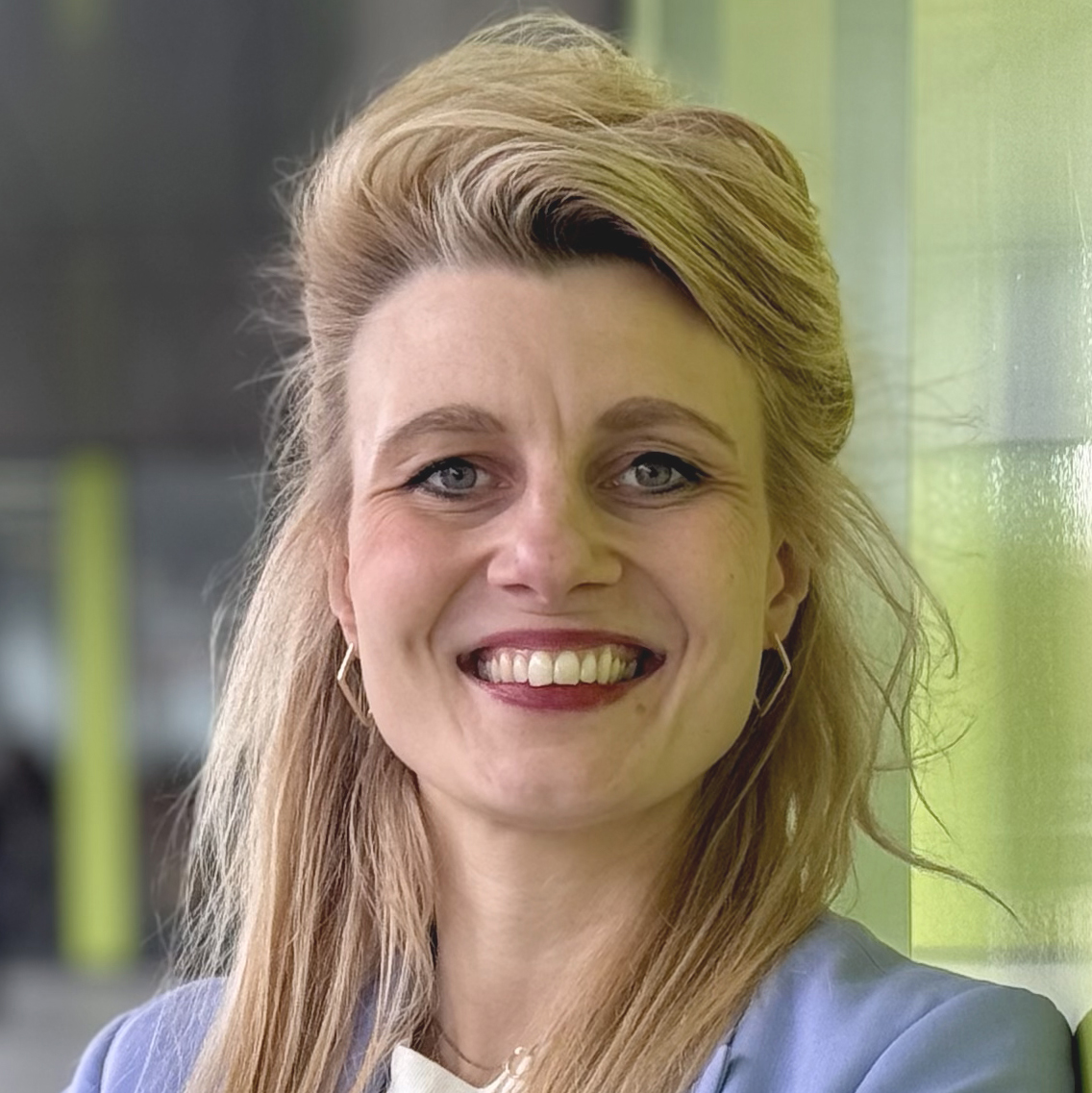
© Jana Haver
Typical characteristics can often be recognised in people who perpetrate sexual violence. You gave a lecture on this in January at the Interdisciplinary Centre for Gender Studies. To what extent do power, authority and charisma play a role in sexualised violence?
Marlene Kowalski: 80 to 90 per cent of perpetrators are male. Perpetrators are often particularly charismatic, narcissistic individuals. They are powerful, have a stage presence and are good with children and young people. At the same time, they can instrumentalise the attention they receive from children in the form of sexualised violence. These are findings that have been revealed in studies on the Catholic and Protestant churches as well as on reform pedagogy – in other words, in very different contexts. With this knowledge, we should also scrutinise how attractive our structures are to such people and what forms of power control we have. It’s never just about individual perpetrators, but about systems of perpetrators: about all the people who remain silent, trivialise and look the other way. A culture must be created in institutions such as schools in which this can be addressed.
Your visiting gender professorship is now entering its second semester. What are your plans for the remaining time in Bielefeld?
Marlene Kowalski: After the first semester in Bielefeld, I am very positive and looking forward to the summer semester. I would like to continue and deepen the topics – be it teaching, cooperation with the experimental schools or scientific exchange. For example, there will be a lecture series (in German) open to the university on the topic of sexuality and the development of protection concepts on 16 June. I will also be giving a lecture (in German) on 23 June in cooperation with the BiSEd (Bielefeld School of Education, editor’s note) on the topic of sexualised violence and digitalisation. I would like to contribute to making the topic more present and more considered in the future, because change can only come about if the topic is more visible within the organisation.
Transparency notice: This translation was created with machine assistance and subsequently edited.
